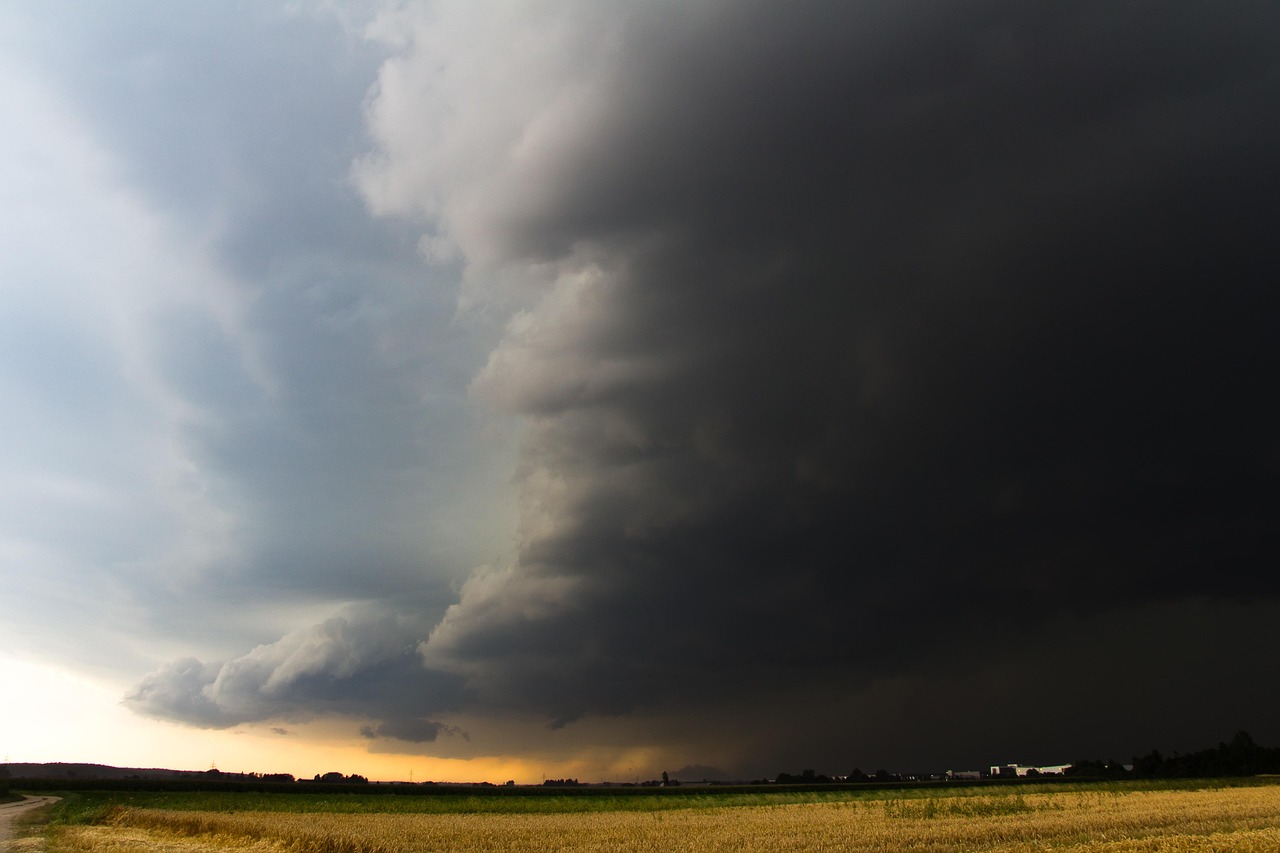A bill scheduled for House and Senate votes this week – initially scheduled for Wednesday but moved to today – would add an additional 0.75% to the daily room rate tax starting Jan. 1.
Hawaii has a large tourism industry. Most of its visitors travel there by plane, which is a concern for those who believe emissions from planes and jets contribute to the planet's warming and natural disasters.
The Associated Press says the measure is "all but certain to pass" given that Democrats hold supermajorities in both chambers and party leaders have agreed on the measure. Gov. Josh Green (D) has also stated that he would sign it into law.
State leaders plan to use the funds – an estimated $100 million in new revenue annually – for projects like replenishing sand on eroding beaches, helping homeowners install hurricane clips on their roofs, and removing invasive grasses like those that fueled the deadly wildfire that destroyed Lahaina two years ago.
But Bonner Cohen, Ph.D. of the Committee for a Constructive Tomorrow (CFACT), an organization that is skeptical of catastrophic man-made climate change, has his doubts about the spending plan.

"Hawaii is a one-party state with a well-deserved reputation for corruption and cronyism, and I fear that a lot of that money is simply going to wind up in the hands of well-connected entities close to government officials in Hawaii who may or may not do anything positive for the environment," he says.
Given Hawaii's beauty and its "fabulous" beaches, he doubts this tax will keep too many people away. Still, anytime something is done in the name of combating climate change, Cohen thinks there is good reason to be skeptical about how the money will ultimately be spent and who will benefit.
"I'm very skeptical about all of this," he reiterates.
Hawaii is the first state in the nation to do something along these lines.







